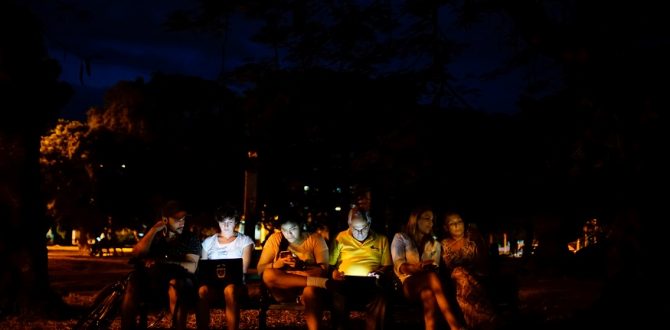Cuban Communist Party newspaper Granma said it was “destined to subvert Cuba’s internal order.”
“In the past, Washington has used phrases like ‘working for freedom of expression’ and ‘expanding access to internet in Cuba’ to cover up destabilizing plans,” Granma wrote, adding that some 40 percent of Cubans connected to the internet in 2017, 37 percent more than in 2010.
Cuba has created public Wi-Fi hotspots and hooked up more homes to the internet, but most Cubans cannot get access on cellphones and only a tiny share of homes has broadband access. The $1.50 hourly tariff for using a Wi-Fi hotspot in Cuba represents 5 percent of the average monthly state salary of $30. Havana has said it has been slow to develop network infrastructure because of high costs, attributed partly to the U.S. trade embargo. Critics have said the government fears losing control.
Also read: Facebook Buys Boston Software Company That Authenticates IDs
Former U.S. President Barack Obama made improved internet access a central part of his efforts to normalize relations with Cuba. Telecommunications equipment and services were among the first exemptions to the embargo after Washington and Havana said in 2014 that they would restore diplomatic relations.
Google signed an agreement with Cuba in 2016 granting internet users there quicker access to its branded content.
Cuba has baulked at allowing U.S. companies to participate in wiring the country.
Watch: Microsoft Xbox One X | All You Need to Know







